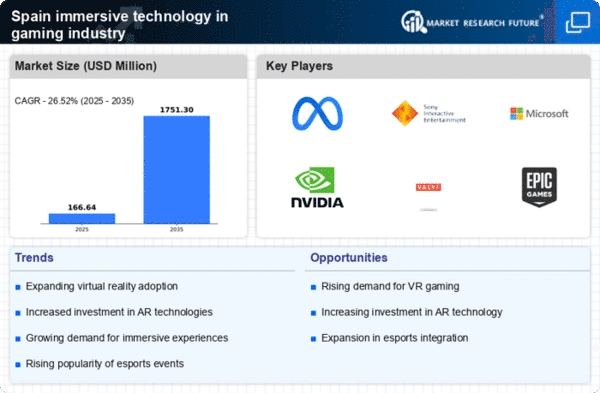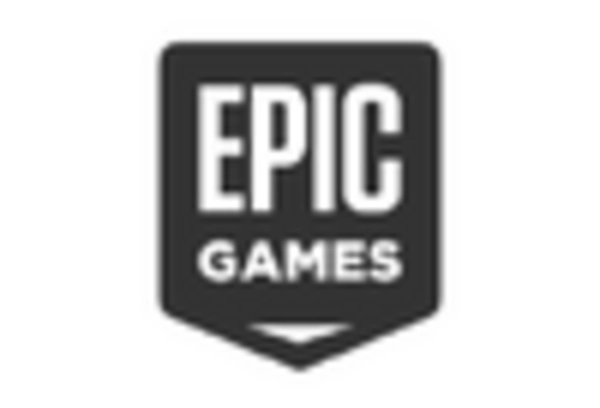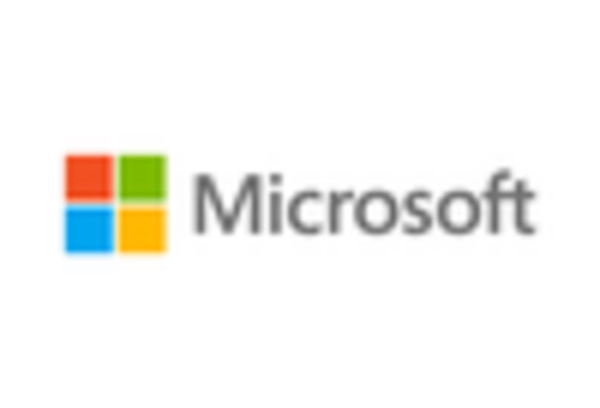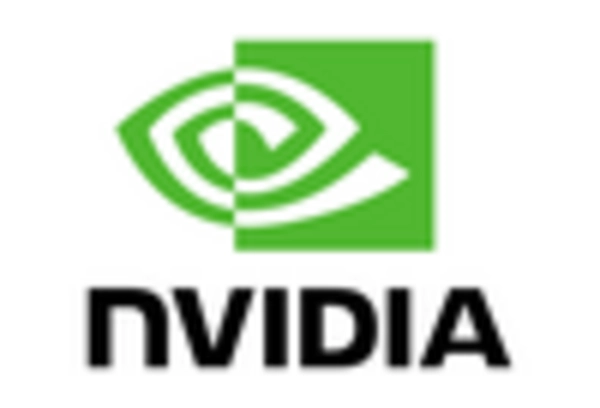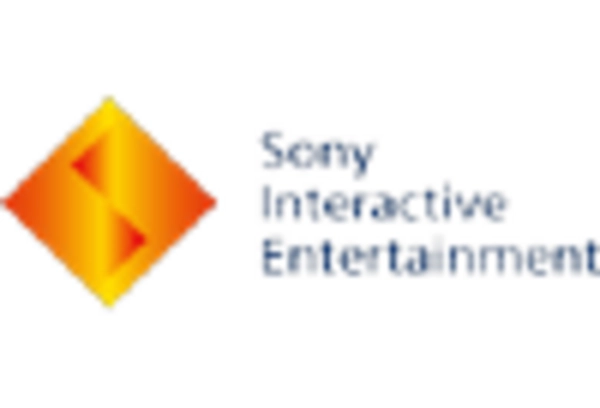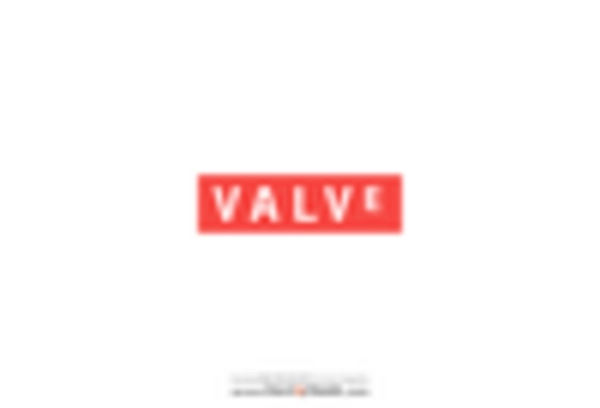Rising Popularity of Esports
The immersive technology-in-gaming-industry market in Spain is significantly influenced by the rising popularity of esports. As competitive gaming gains traction, there is an increasing demand for immersive experiences that enhance viewer engagement. In 2025, the esports market in Spain is projected to generate revenues of around €100 million, with immersive technologies playing a pivotal role in this growth. Spectators are drawn to experiences that offer real-time interaction and enhanced visual elements, which immersive technologies can provide. This trend not only boosts the gaming industry but also encourages the integration of immersive technologies into mainstream gaming, thereby expanding the market.
Cultural Acceptance of Gaming
Cultural acceptance of gaming in Spain is a vital driver for the immersive technology-in-gaming-industry market. As gaming becomes more integrated into social and cultural activities, the demand for immersive experiences is likely to increase. Surveys indicate that approximately 70% of the Spanish population engages in gaming, with a notable shift towards immersive formats. This cultural shift encourages developers to create content that resonates with local audiences, thereby enhancing the appeal of immersive technologies. As acceptance grows, the market is expected to expand, with more consumers seeking out immersive gaming experiences that reflect their cultural preferences.
Expansion of Online Gaming Platforms
The expansion of online gaming platforms is a significant factor influencing the immersive technology-in-gaming-industry market in Spain. With the rise of cloud gaming and subscription services, access to immersive gaming experiences has become more widespread. By 2025, it is anticipated that the number of online gamers in Spain will surpass 15 million, driven by the convenience and affordability of these platforms. This growth not only increases the potential user base for immersive technologies but also encourages developers to invest in creating high-quality content that leverages these platforms. Consequently, the immersive technology market is likely to see substantial growth as more players engage with these innovative gaming experiences.
Technological Advancements in Hardware
The immersive technology-in-gaming-industry market in Spain is experiencing a surge due to rapid advancements in hardware capabilities. Innovations in graphics processing units (GPUs) and central processing units (CPUs) are enabling more sophisticated and realistic gaming experiences. For instance, the introduction of high-refresh-rate displays and enhanced motion tracking systems has significantly improved user engagement. As of 2025, the market for gaming hardware in Spain is projected to reach approximately €1.5 billion, reflecting a robust growth trajectory. This technological evolution not only enhances gameplay but also attracts a broader audience, thereby expanding the consumer base for immersive technologies.
Increased Investment in Game Development
Investment in game development is a crucial driver for the immersive technology-in-gaming-industry market in Spain. With a growing number of startups and established companies focusing on immersive experiences, funding has surged. In 2025, it is estimated that investment in the Spanish gaming sector will exceed €300 million, with a significant portion allocated to projects utilizing virtual reality (VR) and augmented reality (AR). This influx of capital fosters innovation and encourages the development of unique gaming experiences, which are essential for maintaining competitiveness in the market. As a result, the immersive technology landscape is likely to evolve rapidly, offering consumers more diverse options.


